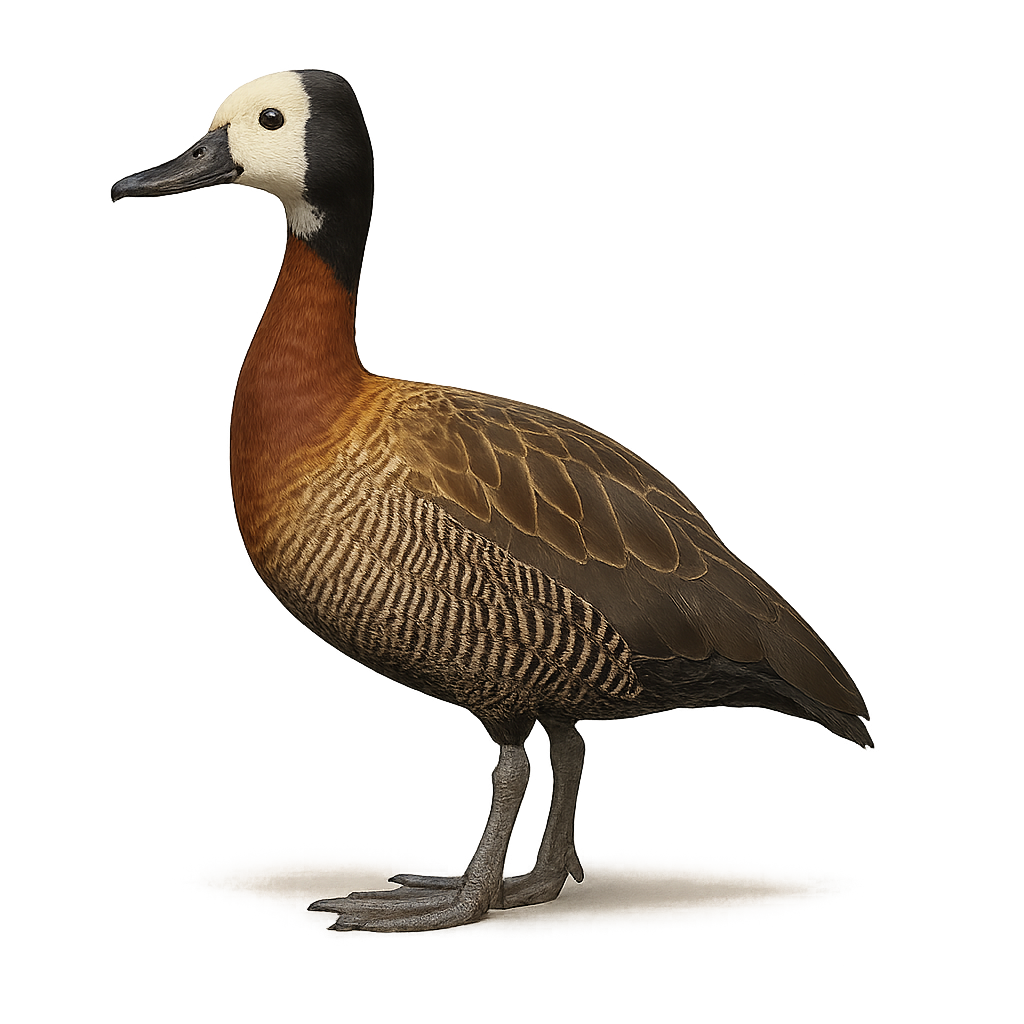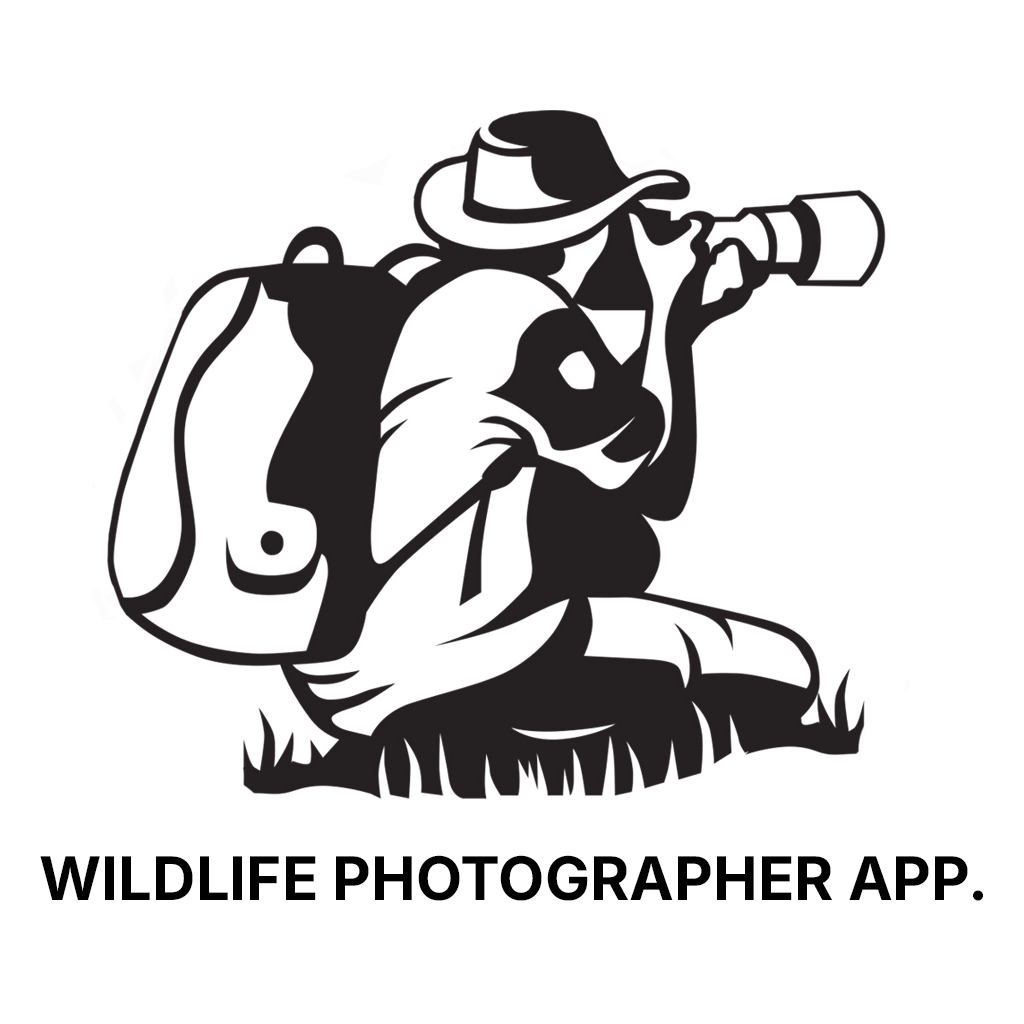Your wildlife photography guide.
Explore the black-bellied whistling duck in detail, study its behavior, prepare your shots.
Where to observe and photograph the black-bellied whistling duck in the wild
Learn where and when to spot the black-bellied whistling duck in the wild, how to identify the species based on distinctive features, and what natural environments it inhabits. The WildlifePhotographer app offers tailored photography tips that reflect the black-bellied whistling duck’s behavior, helping you capture better wildlife images. Explore the full species profile for key information including description, habitat, active periods, and approach techniques.
Black-bellied whistling duck
Scientific name: Dendrocygna autumnalis

IUCN Status: Least Concern
Family: ANATIDAE
Group: Birds
Sensitivity to human approach: Not shy
Minimum approach distance: 10 m
Courtship display: April to August
Incubation: 25-30 jours
Hatchings: April to September
Habitat:
Shallow freshwater ponds, marshes, lakes and wetlands
Activity period :
Mainly active at night, generally discreet during the day.
Identification and description:
The black-bellied whistling duck is a whistling duck in the family Anatidae, 47–56 cm long, with a long neck, pink bill and grey-brown plumage. It inhabits shallow freshwater ponds, marshes and lakes, feeding on seeds, aquatic plants and small invertebrates. Gregarious and cavity-nesting, it breeds colonially in tree hollows or nest boxes.
Recommended lens:
300 mm – adjust based on distance, desired framing (portrait or habitat), and approach conditions.
Photography tips:
Stay hidden at the edge of wetlands or near pond shores, wait for the ducks to take flight and shoot early morning or late afternoon for raking light, using a fast shutter speed to freeze wingbeats and a shallow depth of field to isolate them against the water.
From knowledge to field practice
A species profile helps you understand an animal. In the field, the challenge is often different. Remembering your own observations.
The WildlifePhotographer app allows you to:
• record your personal observations
• note locations, dates, and behaviors
• revisit your field references over time
• build a private and long-term field logbook
The app does not provide observation locations.
It helps you organize what you actually observe, with respect for wildlife.

